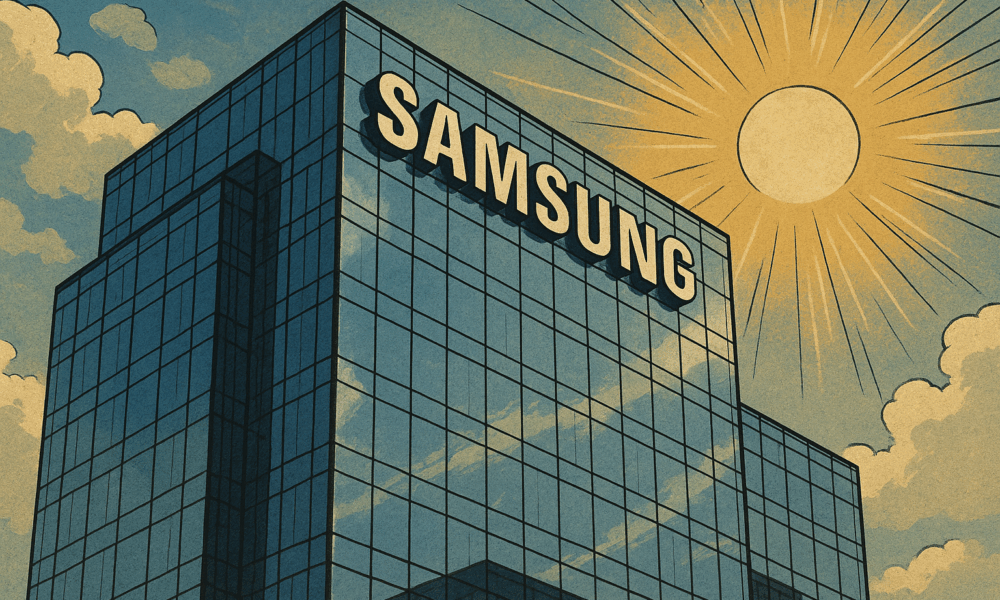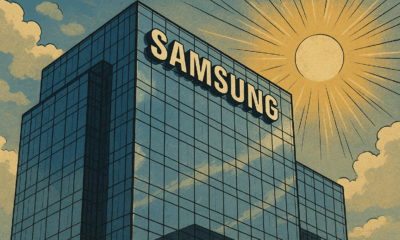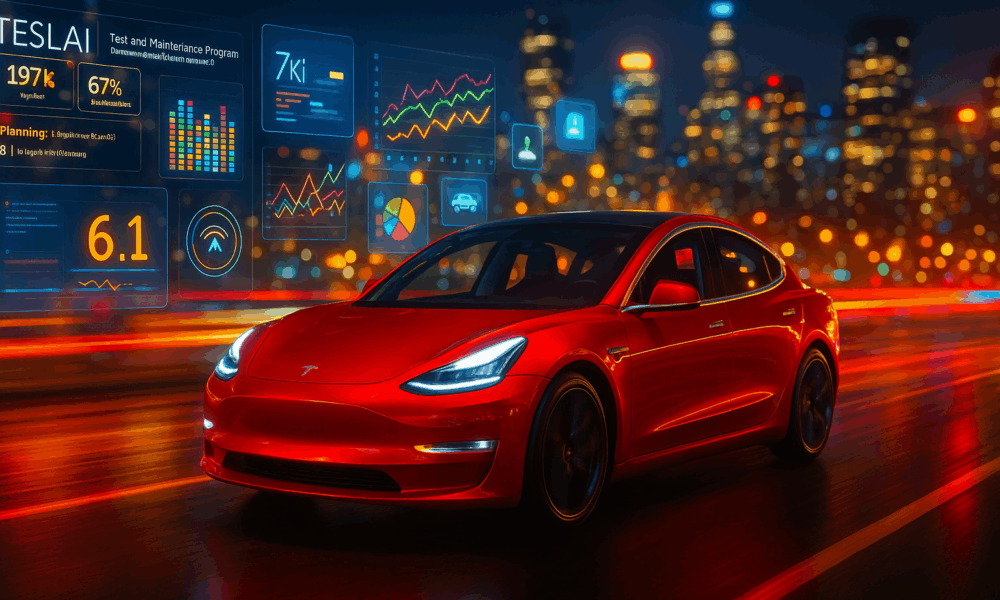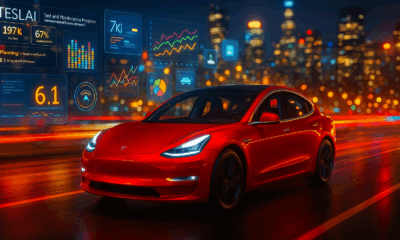


In a world where “bigger is better” has become the default maxim in AI, Samsung’s recent paper turns that narrative on its head. Their Tiny Recursive...



In a move that could reshape the AI and autonomous vehicle landscape, Tesla has signed a staggering $16.5 billion contract with Samsung to manufacture its next‑generation AI6...



Groq, the breakthrough AI chip startup founded by a former Google engineer, is now reportedly negotiating a blockbuster funding round that could value the company at...